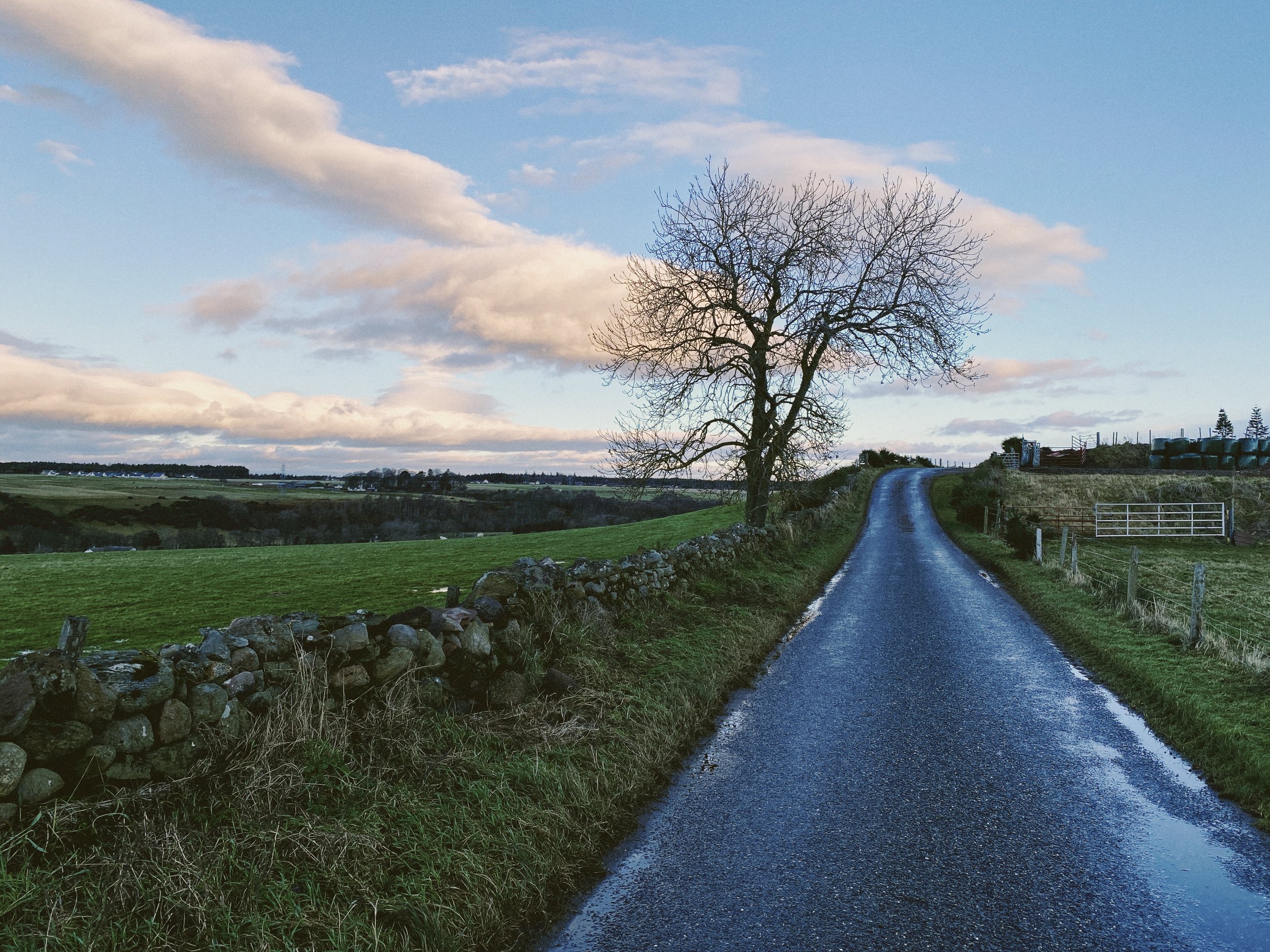
Collected thoughts
on being, tending, searching.
A Truth, A Variation
on Will and Testament by Vigdis Hjorth
I believe that truth, like beauty, belongs to the beholder. Humans carry and offer truth as they believe it to be. Like beauty, and much like suffering, truth is final and tailor-made. What did Bohr say? The negation of a profound truth might very well be another profound truth. Truth is yours and yours alone: irresistible, lonely; like beauty, like suffering.
To work, or not to work, that is the question
on The Employees by Olga Ravn and Lost in Work: Escaping Capitalism by Amelia Horgan
I love my job. This was my dream – to work a job that I love, to make work feel less like work. Turn your passion into your job, they said, and I did, yet it is not at all like they promised. I continually invest the personal into the professional for returns in the form of fulfilment, but I receive it already nullified by bureaucracy and drained by discontent. Here is the reality of the merging between work and vocation under a capitalist system: the amalgamation of the self and the corporate in real time; the continuation of work past 10 – 7, so long as the self endures. I love my job, that is the truth, and here is another truth: I am a supplier of interest and heart for a business who keeps its means of production beyond the worker’s control. I love my job, but that love is no longer mine.
Borrowed self
on Notes on Mother Tongues by Mirene Arsanios and All Men Want to Know by Nina Bouraoui
I picked up Mirene Arsanios’ pamphlet “Notes on Mother Tongues: Colonialism, class, and giving what you don’t have” with much joy, knowing I’ll find in her pages ideas of a liminal identity; the compromises, failings and invention of a self pinned between nations and cultures, hoping to find a language independent and pure. A child of Lebanon and Venezuela, Arsanios speaks a language that belongs to no one. She carries the coloniser’s tongue (French), yet it is only a transplant, and she goes in and out of rejection, separating the language from the self, yet finding only the self accountable for this makeshift language.
Faces, then a cleansing
on Happy Stories, Mostly by Norman Erikson Pasaribu
I used to watch my mother perform the Wudhu. The tap hissed as she opened it, a sound soon replaced by a stream of water breaking against the tiled floor, the splash dampening her feet and the seams of her shorts. She washed her hands, rubbing between her fingers and up to her elbows, beads of water sliding down her arm. She would cup her hands then, under running water, and a small oasis puddled between her palms. Eyes squeezing shut she lifted her hands to her face, and her open palm rubbed the water downward from her forehead, swiping across her nose and cheeks. The ritual is yet at its end, but I was transfixed as she cleansed her face, though I was never entirely certain why.
Searching, Longing, Taking Form
on Youth by Tove Ditlevsen and The Poetics of Space by Gaston Bachelard
Past Childhood, into Youth. By pragmatic understanding, we are to lose our innocence and passage through abject recklessness, where our curiosity will mutate into naïveté. This is the dawn of youth, I think, being stripped of the right to call yourselves innocent, despite not being a great distance away from childhood. Perhaps, to appease a pragmatic existence, we mistake innocence for thoughtlessness. I would like to propose that true innocence lies far from a child’s gullible disposition.
An infinitesimal existence
on When We Cease to Understand the World by Benjamín Labatut
“Often I have been unfaithful to the heavens. My interest has never been limited to things situated in space, beyond the moon, but has rather followed those threads woven between them and the darkest zones of the human soul, as it is there that the new light of science must be shone.”
I have not lost sleep over a book in a very long time. When We Cease to Understand the World by Benjamín Labatut is a stunning spectacle, bending genres and crossing fact with fiction through tales and anecdotes from some of the world’s greatest scientific discoveries.